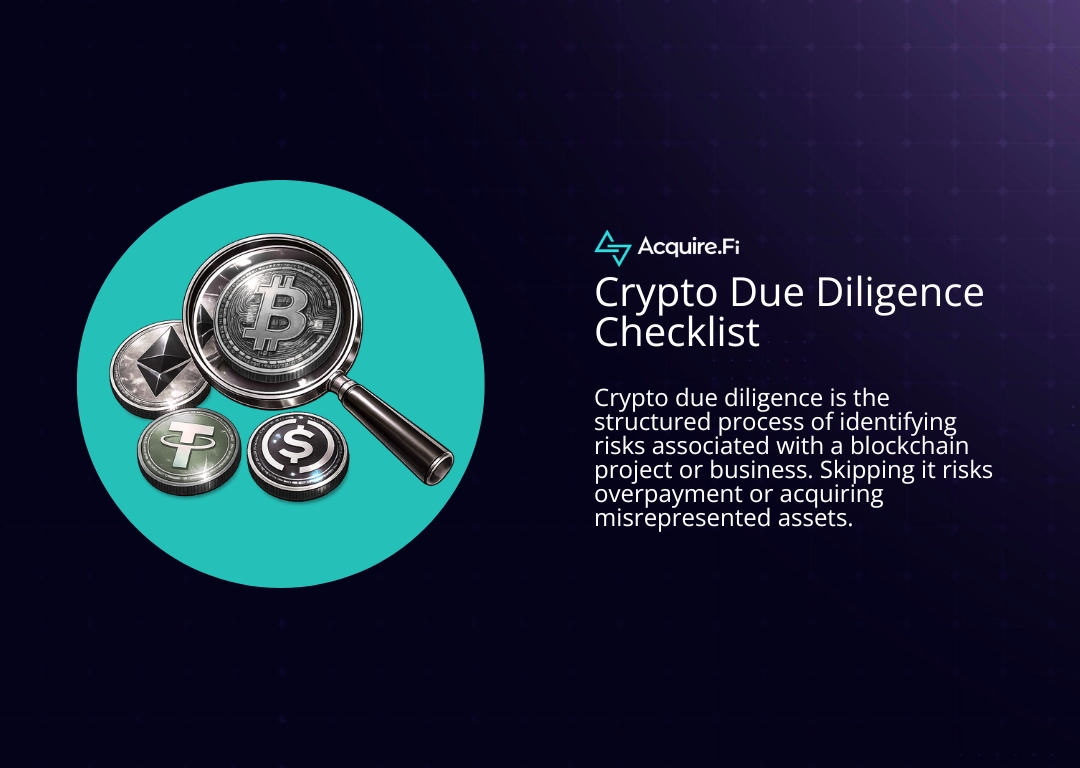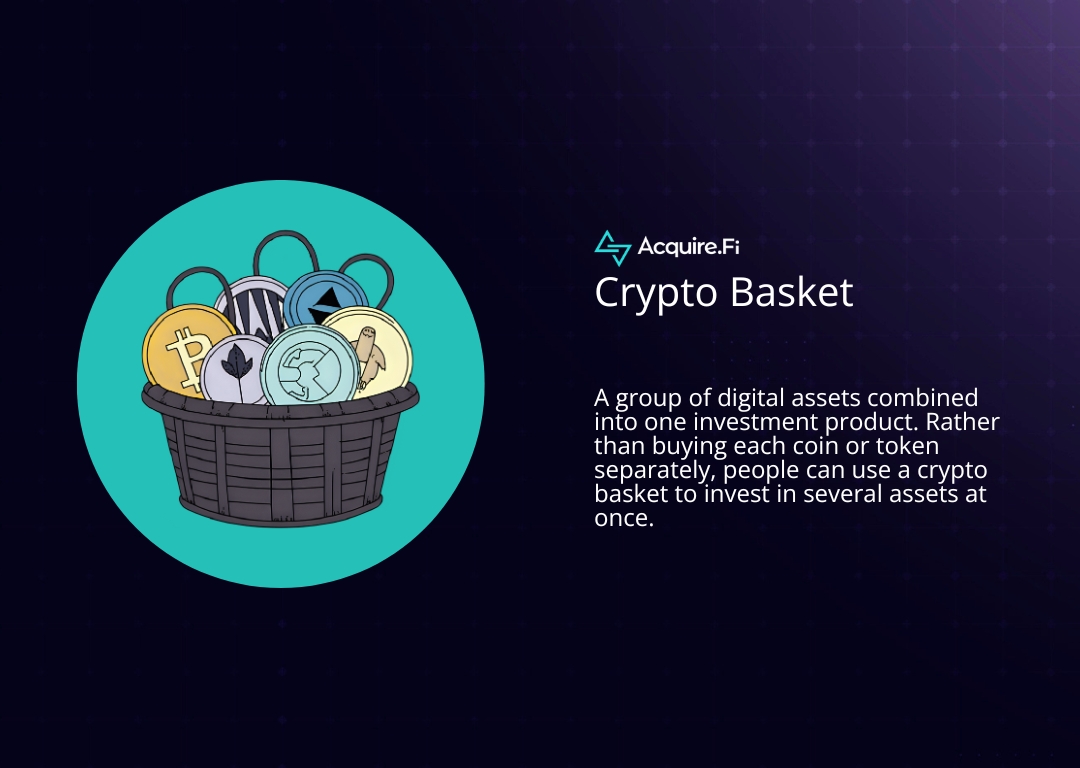10 Common Cryptocurrency Scams
The rise of cryptocurrency has brought with it a variety of scams designed to exploit unsuspecting investors. Here are some common crypto scams to watch out for:
Ponzi Schemes
Ponzi schemes are one of the most used investment scams. They lure investors by promising high returns with minimal risk. The early investors are paid using the capital from new investors rather than from profit earned. This creates the illusion of a successful and profitable venture. However, these schemes rely entirely on a continuous influx of new investors to sustain payouts. When the flow of new investments inevitably slows down or stops, the scheme collapses, and most investors lose their money.
Phishing Scams
A phishing scam involves attackers sending deceptive emails or messages that appear to come from legitimate crypto exchanges or wallets. These messages often contain links to fake websites designed to capture users' private keys or login details. Once the scammers obtain this information, they can access and steal the victim's cryptocurrency.
Extortion and Blackmail Scams
In blackmail and extortion scams, scammers threaten victims with releasing compromising information or making false accusations unless they receive payment in cryptocurrency. These threats are often baseless but can be intimidating, leading victims to comply to protect their reputation.
Fake Initial Coin Offerings (ICOs)
In fake ICOs, scammers create bogus projects, promising early investors significant returns by getting in on the ground floor of the next big cryptocurrency. These fraudulent projects are often marketed with convincing whitepapers and professional-looking websites. Once they collect funds from investors, the scammers disappear, leaving investors with worthless tokens.
Rug Pulls
Rug pulls occur in decentralized finance (DeFi) when developers launch a new token and list it on a decentralized exchange. They attract investors and then abruptly withdraw all liquidity from the project, causing the token’s value to plummet. Investors are left with worthless tokens, and the developers vanish with the funds.
Pump and Dump Schemes
In pump and dump schemes, fraudsters buy large amounts of cryptocurrency and then spread false or misleading information to inflate its price artificially. As the price rises, more investors buy in, driven by the fear of missing out. The fraudsters then sell off their holdings at the peak, causing the price to crash and leaving other investors with significant losses.
Impersonation Scams
Scammers impersonate well-known figures or reputable entities within the cryptocurrency community. They use fake social media profiles, emails, or websites to deceive individuals into sending them cryptocurrency or personal information. Victims believe they are engaging with trusted sources, making them more susceptible to the scam.
Romance Frauds
These scams involve scammers creating fake online profiles on dating sites and social media to establish romantic relationships with victims. Over time, they gain the victim's trust and eventually ask for cryptocurrency, often under the guise of needing financial help for emergencies or travel expenses.
Imposter Scams
Imposter scams occur when fraudsters pose as legitimate figures or authorities, such as government officials, tax collectors, or tech support. They contact victims, often via phone or email, demanding payment in cryptocurrency to resolve fictitious issues like unpaid taxes or security breaches.
Malware
Malware scams involve the use of malicious software to infiltrate a user's computer or mobile device. Once installed, the malware can steal private keys or login credentials, giving the scammer access to the victim’s crypto wallet or even your bank account. This type of malware can be disguised as legitimate software or hidden in email attachments.
Fake Exchanges and Wallets
Scammers set up fake cryptocurrency exchanges or wallets that seem authentic. They lure investors to deposit their funds, but when users attempt to withdraw their cryptocurrency, they find it impossible. These fake platforms often have professional-looking websites to deceive even experienced investors.
Giveaway Scams
Giveaway scams are common on social media, where scammers pose as celebrities or well-known entities and promise to double any cryptocurrency sent to them. They ask victims to send a small amount of cryptocurrency with the promise of sending back a much larger amount. Once the cryptocurrency is sent, the scammer keeps it and does not return any funds.
Cloud Mining Scams
Cloud mining scams offer investors the opportunity to purchase mining contracts and earn consistent returns. Scammers set up fake cloud mining operations, collect funds from investors, and then disappear. These scams often use convincing marketing materials and fake reviews to lure in victims.
How to Avoid Getting Scammed?
- Research: Always thoroughly research any cryptocurrency, ICO, or investment opportunity before committing funds. Look for detailed information about the project, its team, and its goals. Seek out credible reviews and testimonials from reputable sources. Be wary of projects with unclear or unverifiable information, as these could be signs of potential scams.
- Secure Your Assets: Protect your crypto assets by using reputable wallets, whether hardware, software, or online wallets. Always activate two-factor authentication (2FA) to enhance security with an additional layer of protection. 2FA requires not only your password but also a second piece of information, like a code sent to your phone, making it much harder for hackers to gain access to your accounts.
- Verify Sources: Be cautious of unsolicited messages and emails claiming to be from cryptocurrency exchanges, wallets, or other services. These could be phishing attempts. Always verify the sender's identity by checking the email address or contacting the organization directly through their official website before taking any action.
- Use Trusted Platforms: Stick to well-known and widely recognized exchanges and crypto wallets with good reviews and a strong track record of security. Avoid platforms that are not well-established or have received negative feedback from the cryptocurrency community. Trusted platforms are less likely to be involved in fraudulent activities.
- Stay Updated: Follow credible news sources, forums, and social media channels dedicated to cryptocurrency to stay informed about the latest scams and security threats. Being aware of new and evolving scam tactics can help you recognize and avoid them. Regularly updating your knowledge of best security practices is also crucial.
- Educate Yourself: Continuously educate yourself about common cryptocurrency scams and how to identify them. Learn about the various types of scams, their warning signs, and the methods scammers use to deceive victims. The more knowledgeable you are, the better equipped you will be to protect your investments.
- Be Skeptical of Unrealistic Promises: Approach any investment opportunity that promises high returns with little to no risk with skepticism. If it sounds too good to be true, then it most likely is. Scammers often lure victims with the promise of extraordinary profits. Always critically evaluate such claims and remember that legitimate crypto investments involve risk.
Reporting the Crypto Scammers
It is crucial to report crypto scams promptly when you encounter or fall victim to them. Here's what you can do:
Contact the Crypto Exchange
Reporting the crypto scam to the exchange platform should be the first thing you should do immediately. Most reputable exchanges have support teams and procedures in place to handle fraud reports. They might be able to freeze the scammer’s crypto account or provide guidance on the next steps.
File a Complaint
Report the scam to relevant regulatory bodies. In the United States, you may file a complaint with the Securities and Exchange Commission (SEC) or the Federal Trade Commission (FTC). These organizations have divisions specifically focused on investigating and combating fraud, and your report can help them track and take action against scammers.
Use Online Platforms
Utilize online platforms like the Better Business Bureau (BBB) to report the scam. The BBB allows you to file a complaint and post a review to warn others about the scam. Other users can then see your report, which helps increase awareness and prevent further victimization.
Local Authorities
Report the scam to your local law enforcement agency with their internet crime complaint center. Provide them with all relevant details, including transaction records, communications with the scammer, and any other evidence. Local authorities can offer assistance and may collaborate with other agencies to investigate the scam.
Is It Possible to Get the Money Back?
Recovering lost funds from a cryptocurrency scam can be extremely difficult, but there are steps you can take. As mentioned earlier, if the scam occurred through an exchange, report it immediately. Some exchanges have protocols in place to help recover funds. Next, consider legal action by consulting a lawyer who specializes in cryptocurrency and digital assets; they can guide you through possible legal options. Additionally, forensic blockchain analysis can sometimes trace and potentially recover stolen funds. Companies specializing in this service might be able to assist by tracking the movement of stolen assets. While the process can be complex and may not always be successful, these steps offer potential avenues for recourse and increase the likelihood of recovering your lost assets.
Conclusion
The world of cryptocurrency offers exciting investment opportunities, but it's also rife with scams. By staying informed, practicing due diligence, and taking appropriate security measures, you can protect yourself from becoming a victim. Remember to report any scams you encounter to help protect the wider community and consider professional assistance if you fall victim to a scam. Stay vigilant and safeguard your investments.
Also, getting advice from a trusted investment manager can help you make better decisions and protect your crypto assets and investments.











.webp)